If you prefer the texture and pattern of wallpaper for your nursery, you can find a wide choice of the green variety. I have seen super wall coverings made from natural renewable sources, such as bamboo, raffia, rice papers, flax, cork, arrowroot, jute, and recycled paper. There are also grasscloths made from honeysuckle vines; sisal coverings from recycled sisal carpets; and an organics line made from green tea, coffee, or mugwort.
Other interesting products are made from hemp cloth in combination with cottons, cellulose, and plant skins. So many to choose from! Conventional wallpaper is a nongreen product—waste, toxic glue, and chemical gasses abound! You should make a special effort to avoid vinyl. The manufacture of vinyl creates dioxins, among the most toxic industrial by-products. Dioxins enter the food chain and get into the fat of animals (including us), where they can cause cancer and harm the immune system. And the chemicals used to make vinyl soft and pliable include the phthalates—known endocrine disruptors.
Healthy Child Healthy World (previously called The Children’s Health Environmental Coalition or CHEC) has posted an article on its Web site that deems vinyl (PVC) “the worst plastic, from both an environmental and health standpoint.”3 You don’t want vinyl in your baby’s teether, bottle, cup, baby food jar, or bath toy—or on the wall where she will sleep every night. Green wall coverings are better for your baby’s health than conventional ones because the inks used in their production are usually water based, containing no heavy metals or VOCs. They are also better for the environment because they reduce both the amount of natural resources necessary for manufacture and the pollution produced.









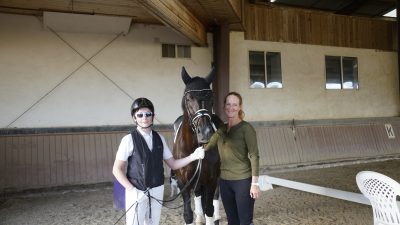











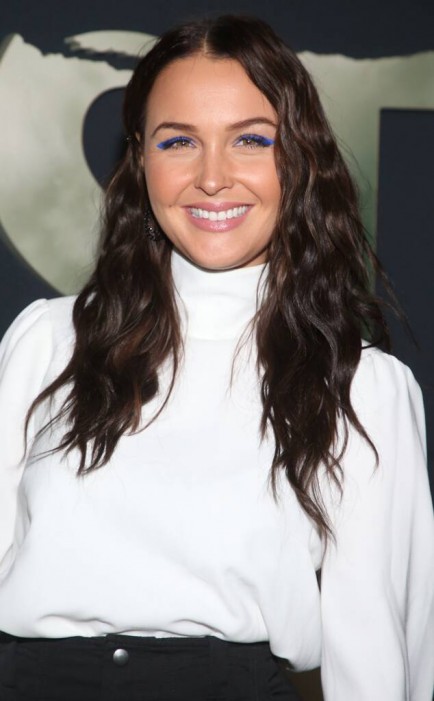
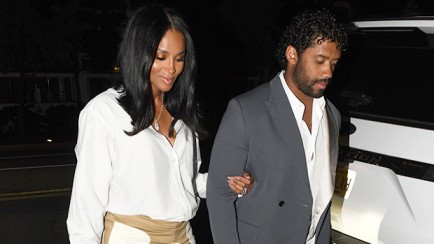
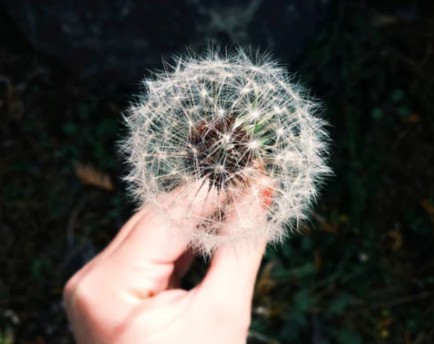
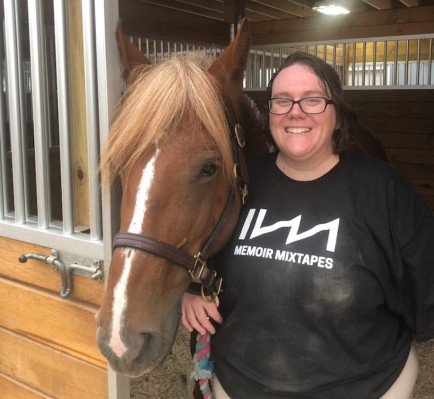
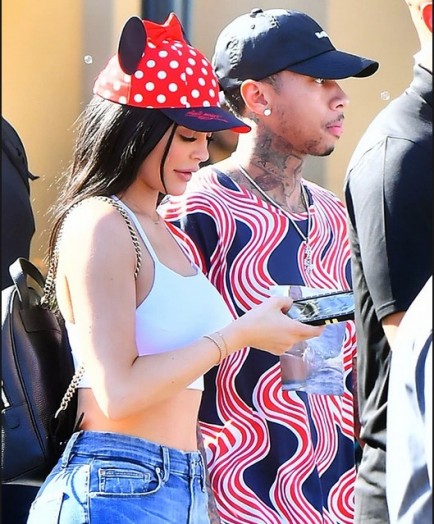

Comments